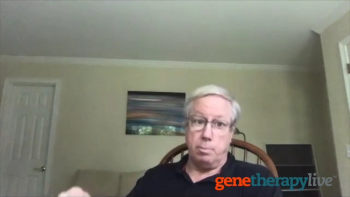
Paul Rennert, president and chief scientific officer of Aleta BioTherapeutics, discussed the company’s research on CAR T therapies.

Paul Rennert, president and chief scientific officer of Aleta BioTherapeutics, discussed the company’s research on CAR T therapies.
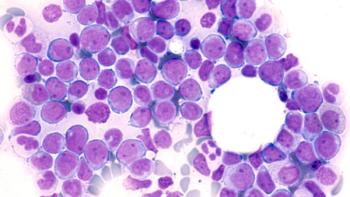
A phase 1/2a clinical trial assessing VOR33 is currently enrolling.

Researchers are exploring gene-independent therapeutic strategies to circumvent the challenges of gene-replacement therapies.
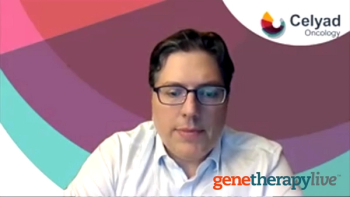
The chief executive and chief medical officers of Celyad Oncology discussed the company’s future research and plans.
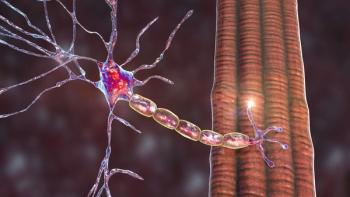
Following a voluntary pause, a patient experiencing a liver AE has died and the trial is now on clinical hold.
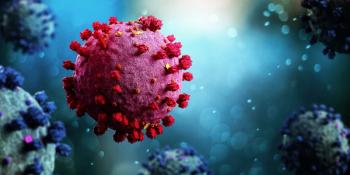
TVGN-489 is an investigational allogeneic cytotoxic CD8+ T lymphocyte therapy that may help prevent breakthrough COVID infection.
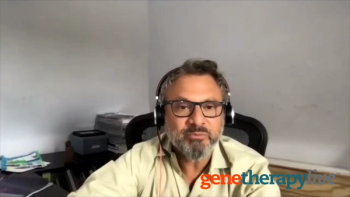
Jan Davidson, MD, PhD, chief medical officer, Wugen, discussed the company’s cell therapy platforms.

RGX-314 is being developed to target wet AMD, diabetic retinopathy, and other chronic retinal diseases.
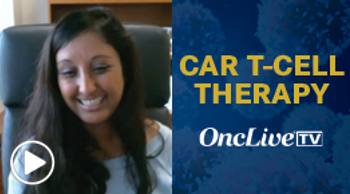
The associate professor from The University of Texas MD Anderson Cancer Center discussed the integration of CAR T-cell therapy into the treatment paradigm of R/R MM.
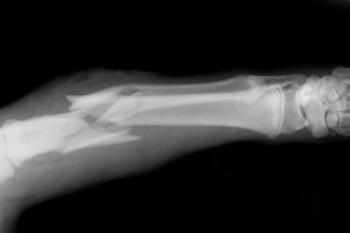
The company is currently evaluating ALLOB, its investigational cell therapy product for bone regeneration.
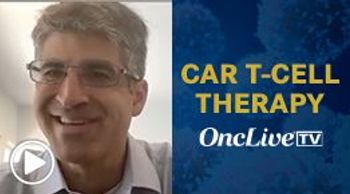
The hematologist and oncologist from City of Hope discussed the utility of CAR T cells in patients with hematologic cancers.
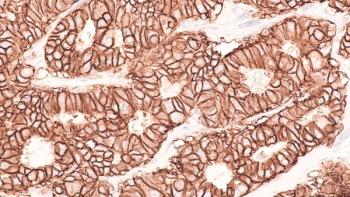
Paul Lammers, MD, MSc, president and chief executive officer, Triumvira Immunologics, discussed the company’s T-cell antigen coupler technology.
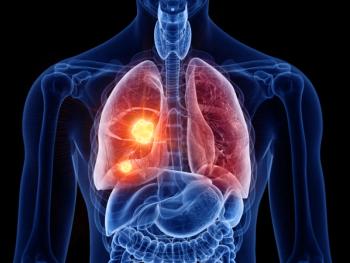
A new TIL therapy seeks to improve on current treatments for metastatic non-small cell lung cancer such as PD-1 inhibitors.
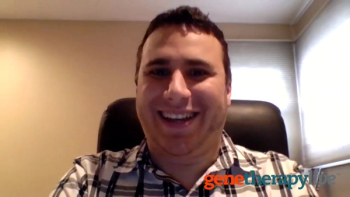
The director of the Solid Tumor Immunotherapy Lab at the University of Pennsylvania discussed the issue of exhausted T-cells.

A single-dose gene therapy for uveitis could fill an important treatment gap for patients.
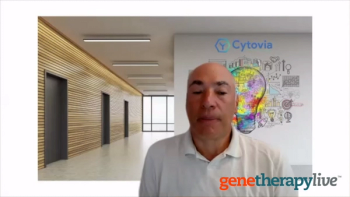
The chief executive and medical officers of Cytovia Therapeutics discussed their natural killer cell therapy technology.

Decibel Therapeutics previously presented favorable preclinical data at ASGCT 2021.
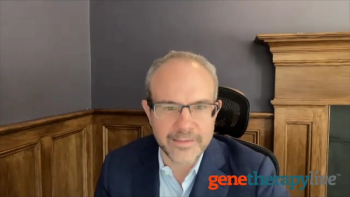
Michael Singer, MD, PhD, chief scientific officer, Cartesian Therapeutics, discussed the company’s RNA Armory technology.
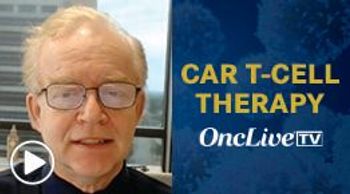
The professor and director of the myeloma center at the University of Arkansas for Medical Sciences discussed future research with CAR T in multiple myeloma.
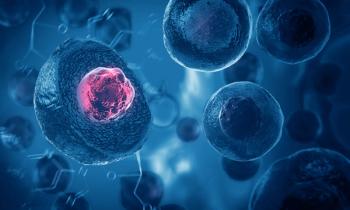
Adoptive transfer of TILs elicited an ORR of 56% in patients with metastatic melanoma who were naïve to PD-1 inhibitors compared with 24% in patients refractory to PD-1 inhibitors.
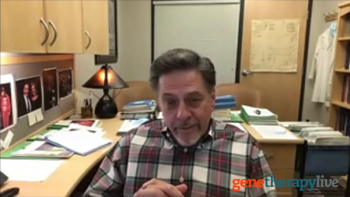
Directors from the Moran Eye Center discussed their research on the genetics of age-related macular degeneration.

Paul Rennert, president and chief scientific officer of Aleta BioTherapeutics, discussed the company’s CAR T Engager protein technology.
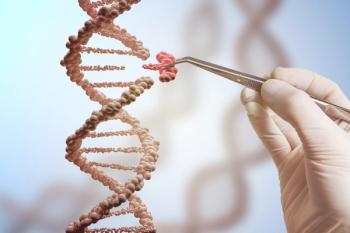
Six of 7 mice treated with a new, higher dose of BMN-307 showed tumors in liver necropsy at 52 weeks post-treatment.

NeuExcell and Spark Therapeutics each add to their gene therapy pipelines with the collaborative program.

The hematologist/oncologist at the Harold C. Simmons Comprehensive Cancer Center discussed the rationale behind using CAR T-cell therapy in relapsed/refractory multiple myeloma and data from the KarMMa trial.

A new animal model will facilitate the study and development of gene therapies in retinal diseases.
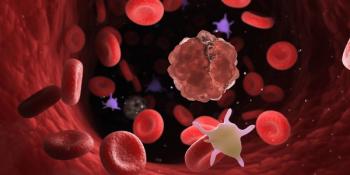
Experts discussed novel options such as CAR T-cell therapy for optimizing treatment in MCL, myelofibrosis, and ALL.
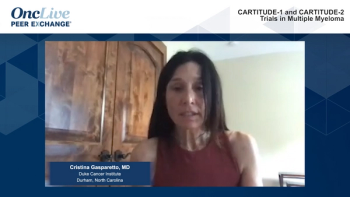
Experts discussed safety and efficacy data of cilta-cel for R/R MM from the CARTITUDE-1 and CARTITUDE-2 studies.

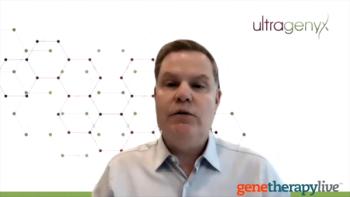
Eric Crombez, PhD, senior vice president and chief medical officer of Ultragenyx Gene Therapy, discussed indications the company is targeting.